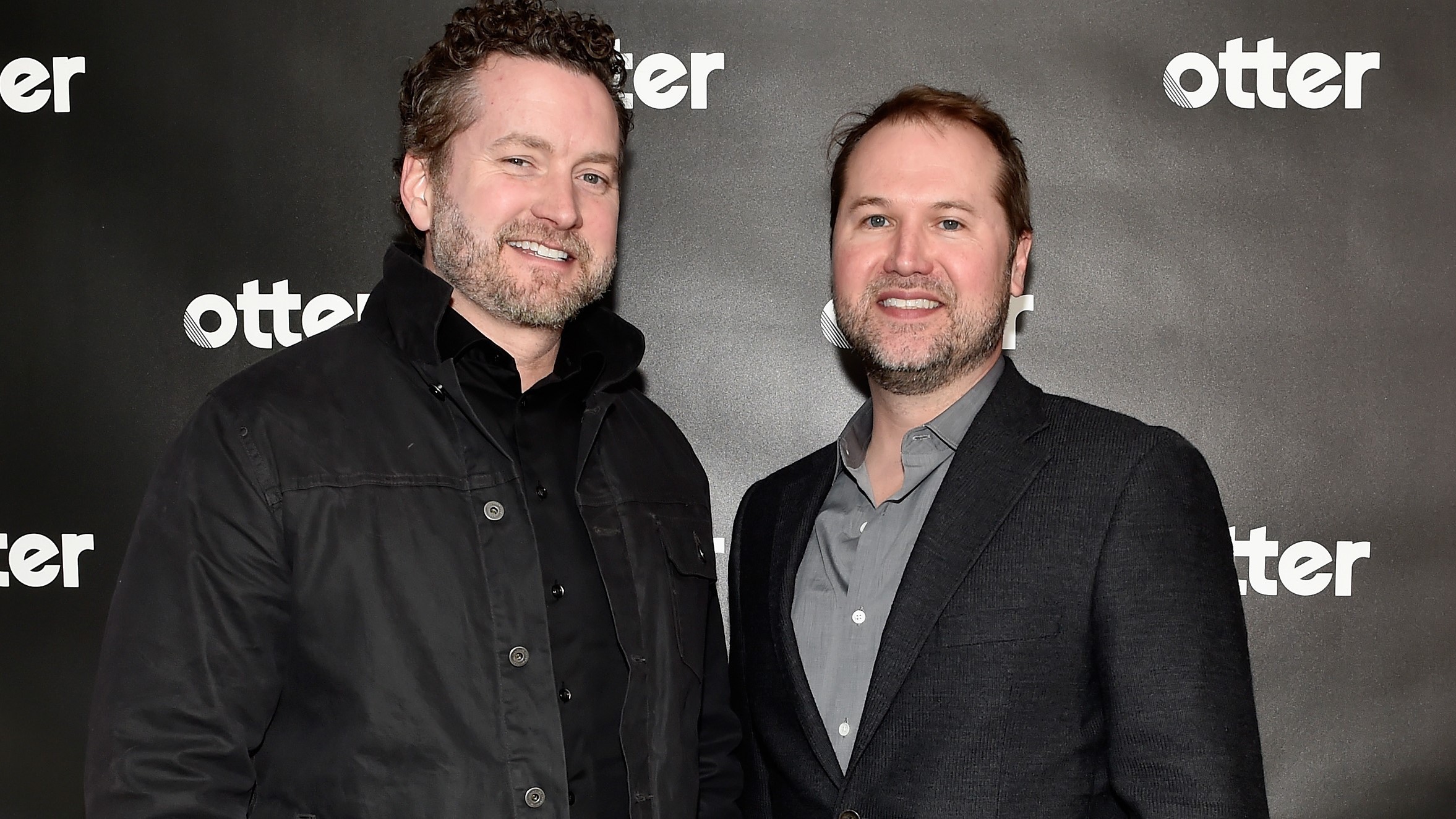After more than two decades of pioneering digital content, Rooster Teeth, a prominent name in online entertainment, is ceasing operations. Warner Bros. Discovery (WBD), the parent company, made the decision to shut down Rooster Teeth after unsuccessful attempts to sell the company, which had become unprofitable. This announcement, delivered by General Manager Jordan Levin, marks the end of a significant chapter in internet video history, resulting in approximately 150 full-time employees losing their jobs, along with numerous contractors and content creators.
The shutdown stems from significant shifts within the digital media landscape. In a memo obtained by Variety, Levin cited “challenges facing digital media resulting from fundamental shifts in consumer behavior and monetization across platforms, advertising, and patronage” as the primary reasons for the closure. This announcement signals not just the end of a company, but also reflects broader issues impacting the sustainability of digital media businesses in the current environment.
Warner Bros. Discovery is currently exploring options to sell off Rooster Teeth’s valuable assets, including its content catalog and intellectual property. Among the properties potentially up for sale are critically acclaimed and fan-favorite series like “RWBY,” the groundbreaking machinima series “Red vs. Blue,” and the animated mecha series “Gen:Lock,” featuring Michael B. Jordan. Additionally, the Roost podcast network, which includes a variety of shows covering gaming, true crime, fandom, comedy, and food, is also being considered for sale and will continue to operate in the interim.
Rooster Teeth celebrated its 20th anniversary just last year, a milestone that was marked with rebranding efforts and renewed enthusiasm. However, despite its long history and dedicated fanbase, the company faced increasing financial pressures. Founded in 2003 by Burnie Burns, Matt Hullum, Geoff Ramsey, Jason Saldaña, Gus Sorola, and Joel Heyman, Rooster Teeth rose to prominence well before the widespread adoption of platforms like YouTube. Their initial breakthrough came with “Red vs. Blue,” a comedic series launched in 2003 that utilized machinima and quickly gained viral popularity, defining a new era of online content creation. The name “Rooster Teeth” itself originated from a humorous subtitle in the “Red vs. Blue” trailer, showcasing the company’s playful and irreverent beginnings.
Rooster Teeth’s journey includes several ownership transitions. Starting as an independent entity, it was acquired by Fullscreen in 2014, which was subsequently bought by Otter Media. Eventually, through mergers and acquisitions, Rooster Teeth became part of WarnerMedia and then Warner Bros. Discovery in 2022. Jordan Levin, previously CEO of the WB, was appointed as General Manager in 2019 as part of a restructuring effort, with founders like Hullum, Burns, and Ramsey transitioning into different creative roles. Burnie Burns, a key figure in the company’s early success, departed Rooster Teeth in 2020.
Rooster Teeth co-founders Burnie Burns and Matt Hullum at a Gen:Lock event, highlighting their long-standing partnership and creative leadership.
Rooster Teeth was an early adopter of subscription models, launching a video-on-demand service which was rebranded as First in 2016. While the service achieved a peak of approximately 225,000 subscribers during the height of “RWBY” and “Gen:Lock”’s popularity, subscriber numbers dwindled to around 60,000 more recently. Warner Bros. Discovery has announced plans to communicate directly with subscribers regarding the shutdown of the First service.
Despite its cultural impact and innovative spirit, Rooster Teeth struggled with profitability for the last decade. The company’s headcount once exceeded 400, but was repeatedly reduced in attempts to achieve financial sustainability. In addition to content creation, Rooster Teeth also ventured into merchandise sales and hosted the RTX fan conventions starting in 2011. However, even RTX, a significant event for the community, was revealed to have never been profitable, with the 2024 event being canceled recently.
Adding to its challenges, Rooster Teeth faced internal controversies. In 2022, the company issued a public apology for past “hateful and hurtful” conduct towards employees. This apology followed accusations from a former staff member detailing experiences of harassment, underpayment, and marginalization, highlighting issues with the company’s workplace culture.
Rooster Teeth’s original logo, a symbol of its early days and foundational identity in online content.
The closure of Rooster Teeth marks the end of a pioneering era in digital media. As Jordan Levin stated in his memo, “Rooster Teeth has made an indelible mark on the media industry.” The reasons for its shutdown are multifaceted, reflecting the complex and evolving nature of digital media consumption and monetization. Fundamental shifts in how audiences consume content, the challenges of maintaining profitability in digital advertising and subscription models, and the competitive pressures of the modern entertainment industry all contributed to the difficult decision made by Warner Bros. Discovery. While the Rooster Teeth brand may disappear, its legacy in shaping online video culture, community building, and innovative content creation will undoubtedly endure.

